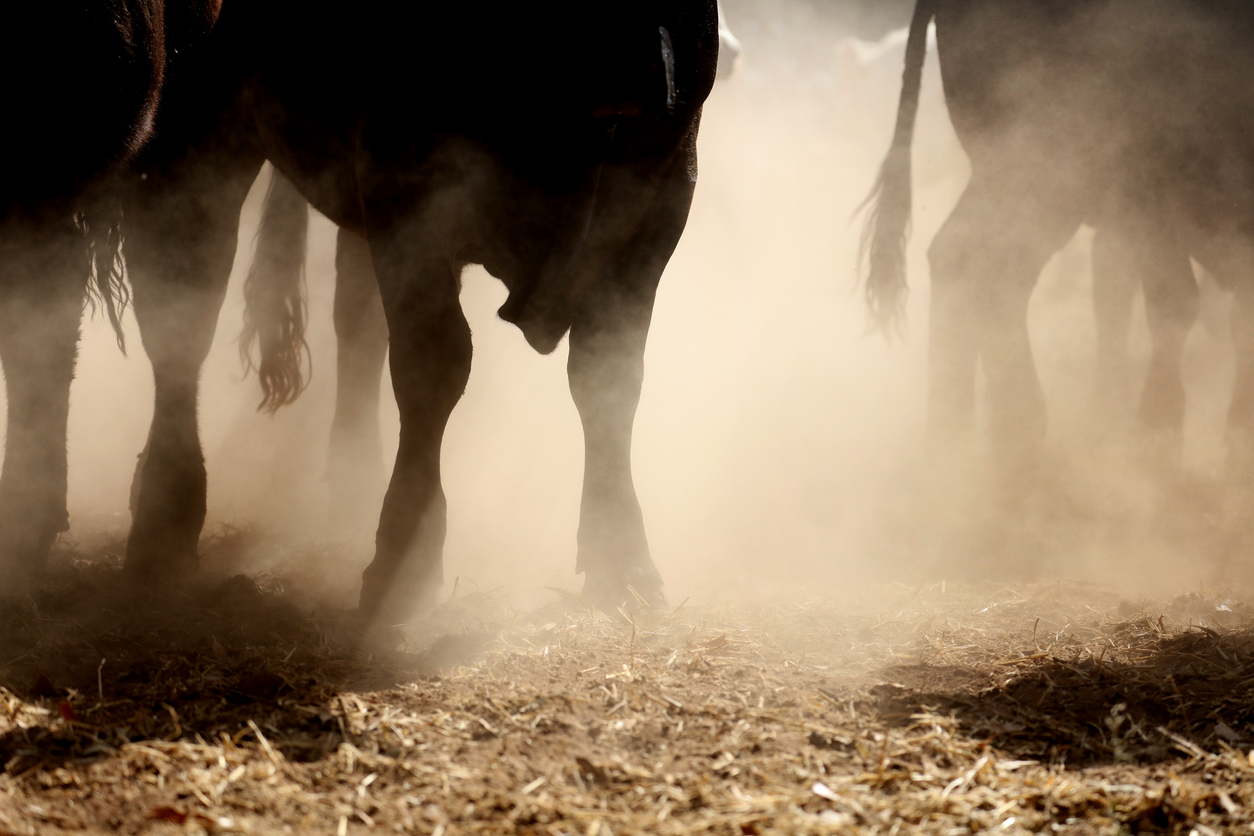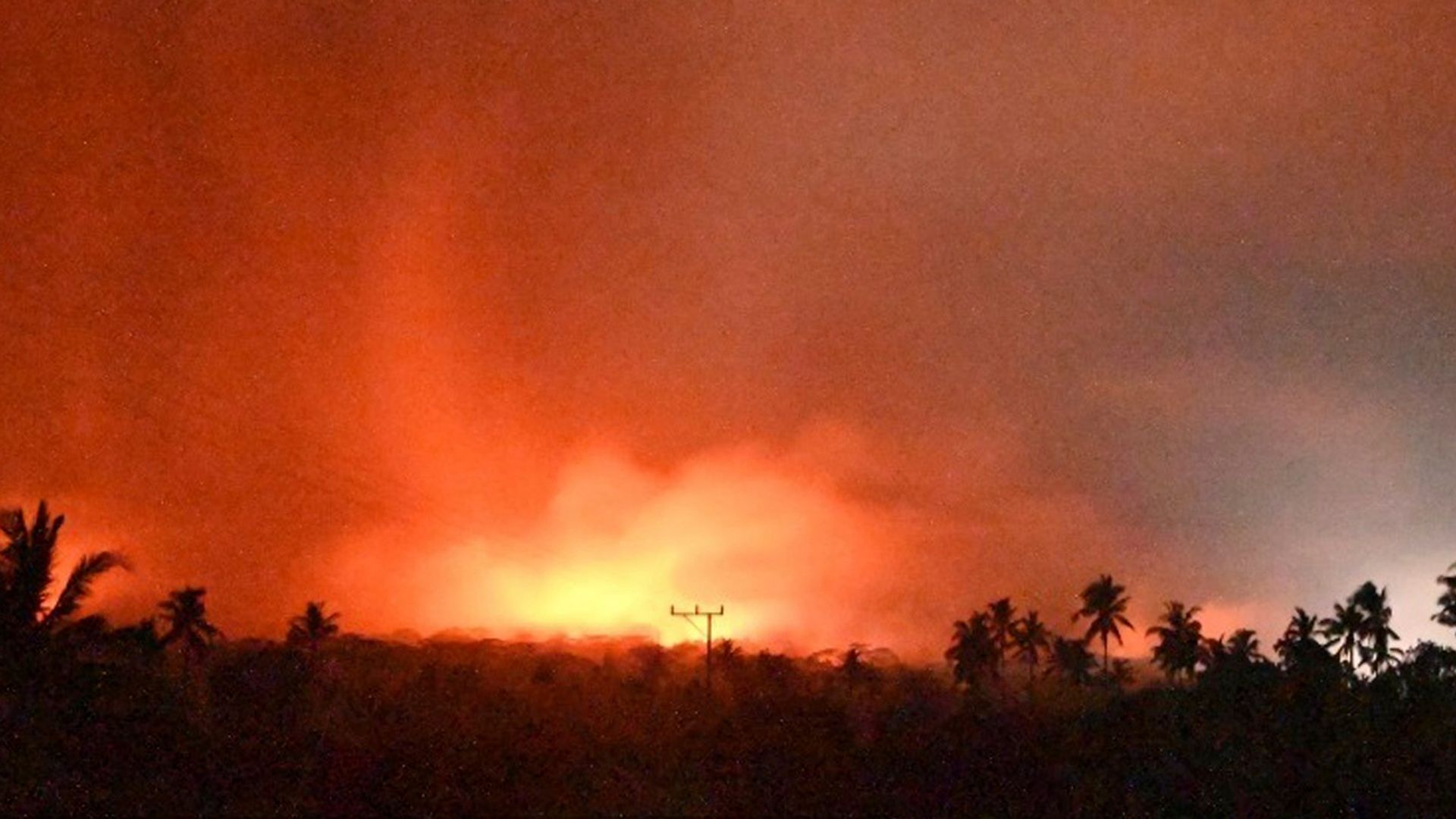
The BDN Editorial Board operates independently from the newsroom, and does not set policies or contribute to reporting or editing articles elsewhere in the newspaper or on bangordailynews.com.
The video of Tyre Nichols being brutally beaten by Memphis police in early January is uniquely sickening. Nichols died three days later. Sadly, outrageously, police killing another unarmed Black man is far from unique.
It might be possible for some Americans — particularly, if not exclusively, white Americans — to think of police brutality as some bygone injustice locked away in the black-and-white footage of old TV broadcasts. The current numbers, and the current evidence we can all see with our own eyes in videos like this one, clearly show that this is not the case.
According to data compiled by the Washington Post, the number of fatal police shootings increased from 1,021 in 2020 to at least 1,055 in 2021. This made 2021 the worst year since the Post started tracking this data in 2015. And according to the nonprofit group Mapping Police Violence, Black Americans are roughly three times as likely to be killed by police than white Americans. Shootings, beatings or otherwise, Black Americans continue to face a disproportionate amount of police violence in this country.
Nichols was so much more than a data point in this national disgrace. He was a father, a son, a brother, a skateboarder, a photographer. As described by someone who knew him, Nichols was “such a good spirit and soul and calm presence.”
You don’t need to see the video to recognize the immense tragedy of his loss, or to recognize the way it is part of a longstanding national trend. Consider what Nichols’ brother, Jamal Dupree, told CNN this week about not watching the video.
“I already knew how they treated him because I’ve seen it all over the world,” Dupree said. “Police brutality is nothing new. I already knew they treated my brother like an animal. They treated him like he was nothing. I don’t have to watch the video to know that.”
As we start another Black History Month and as some political leaders cynically reject the teaching of an African American history course, we all must be willing to confront the difficult truths. And we must meet those truths with action.
In too many instances, the painful and deadly inequalities of Black history in America are still Black reality to this day. The police beatings are not a thing of the past. Economic inequality is not a thing of the past.
And yet we have political leaders, like Republican Florida Gov. Ron DeSantis, who try to tell us that teaching an AP African American history course is somehow part of a “political agenda.” It is the elected officials trying to prevent this learning, not the people teaching it, who are injecting politics into education.
And yet we have congressional leaders in both parties who have failed for several years now to work through differences and reach agreement on police reform legislation at the national level.
And yet we have congressional Republicans who don’t seem to think section four of the Voting Rights Act needs to be reauthorized, despite alarming activity in state legislatures to limit voting access that plainly shows it does. These lawmakers would apparently have Americans believe that an important tool for protecting minority rights at the voting booth, in jurisdictions with a history of voter discrimination, is no longer needed. This in turn allows for those rights to be put in jeopardy once more.
And yet we have parents across the country, including here in Maine, bringing book ban and anti-critical race theory hysteria to school boards and legislatures. These efforts dangerously treat difference as deviance and critical thinking as some kind of control.
For all the political posturing that goes on about America being a great country, we know this to be true: A great country would not trade comfort for knowledge. A great country would recognize that, until we take more action to stop this police violence — violence that disproportionately harms Black Americans — it reflects shamefully on all of us.











